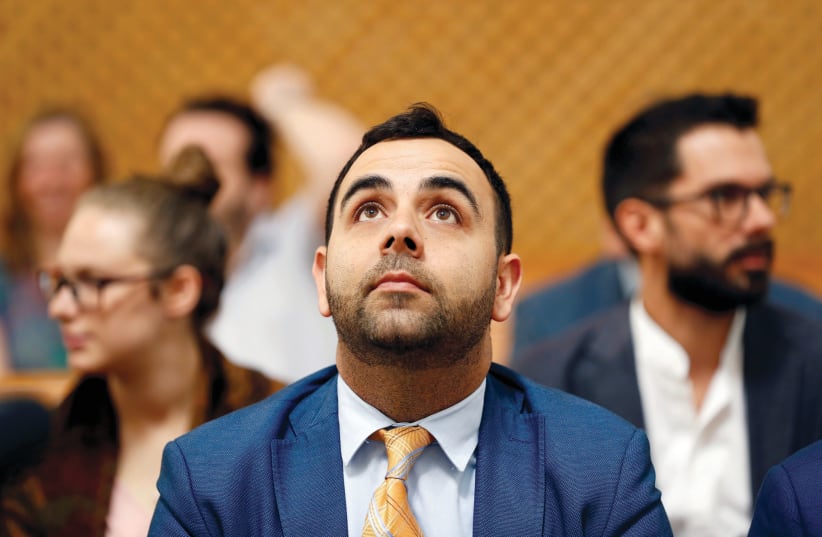Human Rights Watch accuses Israel, Facebook of crackdown on free speech
Facebook has also been involved in recent years in limiting incitement on its platform in the US, EU countries and elsewhere, with an ongoing debate about whether it has struck the right balance.
